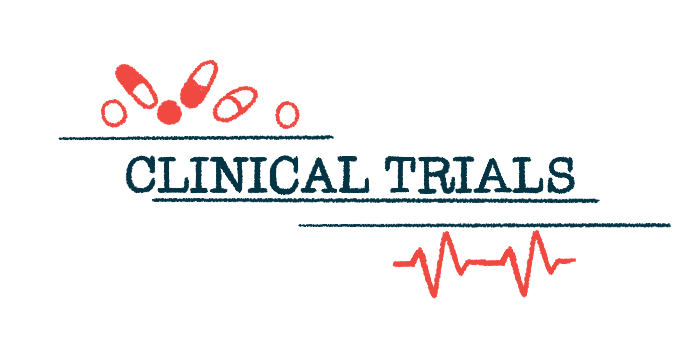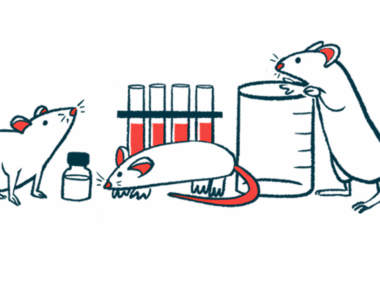Trial of AAV-GAD gene therapy to be fully enrolled by end of year
Phase 1/2 testing safety of drug, how well it eases motor symptoms
Written by |

A Phase 1/2 clinical trial testing AAV-GAD, an investigational gene therapy being developed by MeiraGTx for Parkinson’s disease, is expected to be fully enrolled before the end of the year, the company announced in a press release.
The placebo-controlled trial (NCT05603312), which began dosing last year, plans to enroll 14 adults with a confirmed diagnosis of Parkinson’s, ages 25 to 85, who have responded to treatment with levodopa for at least 12 months.
With six sites currently enrolling in the U.S., the trial is testing how safe AAV-GAD is against a placebo and how well it eases motor symptoms at three and six months after being given as an infusion directly into the brain, at one of two dose levels. Motor symptoms will be evaluated in the off state, or when they are not fully under control with medication.
Patients who complete this trial may enter a long-term extension study (NCT05894343), where they will continue to be monitored for up to five years. Those initially assigned to a placebo will be offered the opportunity to receive AAV-GAD.
Potential future pivotal clinical trial planned for 2024
MeiraGTx is currently working with regulatory bodies on the design of a potential future pivotal clinical trial, anticipated to launch globally in 2024, the company stated in a November corporate presentation for investors.
AAV-GAD is designed to deliver a working copy of the glutamic acid decarboxylase (GAD) gene to neurons (nerve cells) in the subthalamic nucleus, a region of the brain involved in movement control. This region is affected in Parkinson’s.
The working gene is packaged aboard a harmless adeno-associated virus (AAV) that acts as a delivery vehicle. Given as an infusion directly into the subthalamic nucleus during a brief surgical procedure, GAD is unloaded from its delivery vehicle into neurons.
The GAD gene provides instructions for making an enzyme, also called GAD, that is important for the production of gamma-aminobutyric acid (GABA), a signaling chemical that controls excessive brain activity.
By allowing neurons in the subthalamic nucleus to make GAD on their own, the levels of GABA are expected to increase in the region. In turn, this is expected to rescue the signaling circuits responsible for movement control, thereby helping to ease symptoms of Parkinson’s.
The ongoing trial was cleared to launch following approval of an investigational new drug application, according to which the gene therapy is manufactured using current good manufacturing practices in the company’s dedicated facility in London.
Such practices ensure that products are prepared with high quality materials according to regulatory standards, allowing for a controlled composition that remains consistent across clinical testing and practice.



